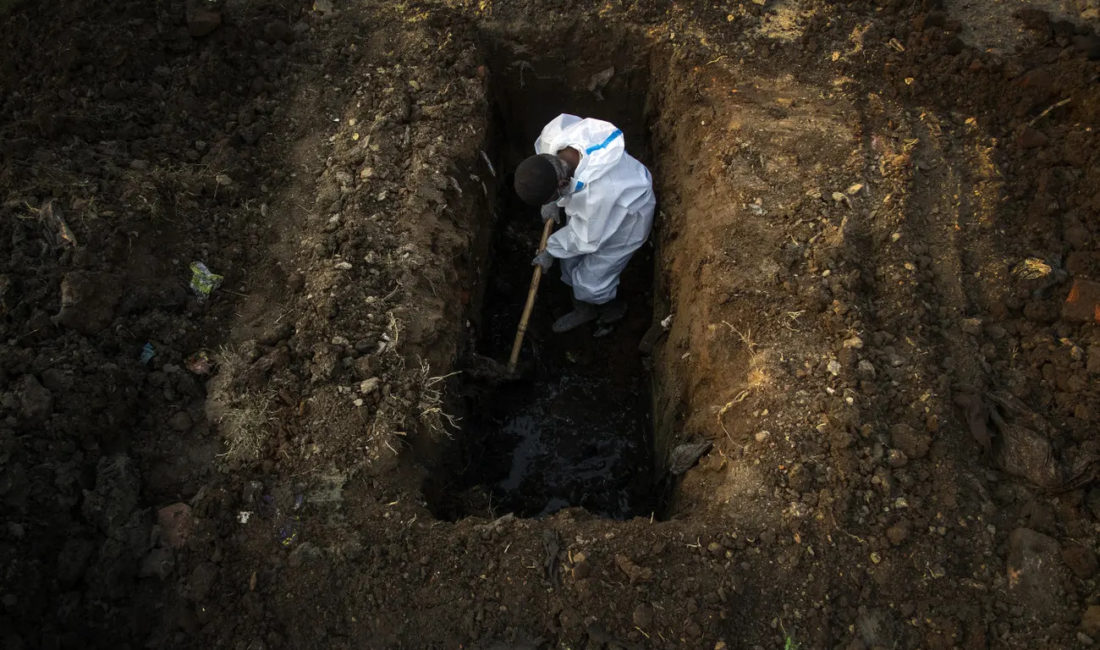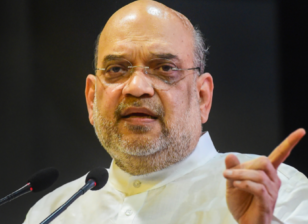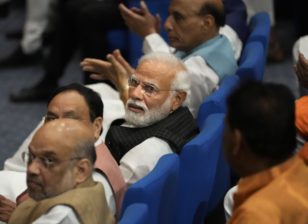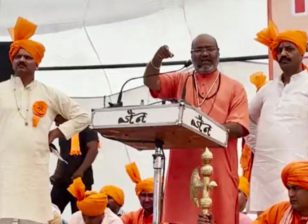‘We are witnessing a crime against humanity’: Arundhati Roy on India’s Covid catastrophe
Uttar Pradesh in 2017, India’s prime minister, Narendra Modi, waded into the fray to stir things up even further. From a public podium, he accused the state government – which was led by an opposition party – of pandering to the Muslim community by spending more on Muslim graveyards (kabristans) than on Hindu cremation grounds (shamshans). With his customary braying sneer, in which every taunt and barb rises to a high note mid-sentence before it falls away in a menacing echo, he stirred up the crowd. “If a kabristan is built in a village, a shamshan should also be constructed there,” he said.
“Shamshan! Shamshan!” the mesmerised, adoring crowd echoed back.
Perhaps he is happy now that the haunting image of the flames rising from the mass funerals in India’s cremation grounds is making the front page of international newspapers. And that all the kabristans and shamshans in his country are working properly, in direct proportion to the populations they cater for, and far beyond their capacities.
“Can India, population 1.3 billion, be isolated?” the Washington Post asked rhetorically in a recent editorial about India’s unfolding catastrophe and the difficulty of containing new, fast-spreading Covid variants within national borders. “Not easily,” it replied. It’s unlikely this question was posed in quite the same way when the coronavirus was raging through the UK and Europe just a few months ago. But we in India have little right to take offence, given our prime minister’s words at the World Economic Forum in January this year.




